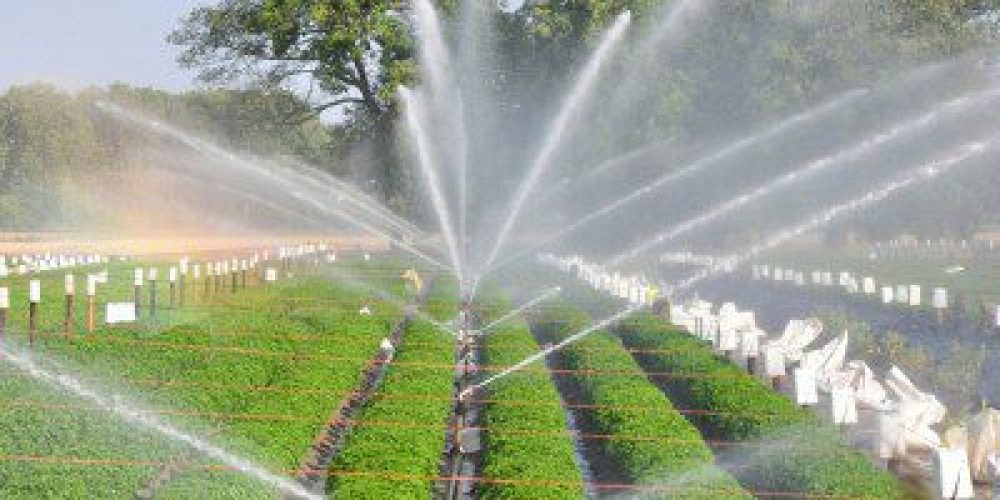In the dynamic realm of Nigerian agriculture, the timing of irrigation practices emerges as a critical factor, particularly when facing a period of predicted low rainfall, as foreseen by the Nigerian Meteorological Agency (2023). As most parts in the nation experience reduced rainfall in December and coming months, farmers find themselves at a pivotal juncture where strategic irrigation practices can be the key to sustaining crops and maintaining agricultural productivity.
The prospects of a season with limited rainfall raise concerns for farmers traditionally reliant on rainfed agriculture. Waiting for the next rainy season, given the uncertainties in climate patterns, poses significant risks to crop health, yield, and overall farm productivity. However, the adoption of irrigation practices provides a proactive solution, offering farmers the ability to address challenges posed by the anticipated dry spell. During periods of reduced rainfall, the advantages of strategic irrigation become particularly pronounced in the following ways:
Consistent moisture supply: One of the primary benefits of irrigation is the ability to maintain a consistent and controlled water supply to crops. This becomes crucial during times of limited rainfall, ensuring that crops receive the moisture essential for optimal growth and development.
Crop health and growth: Adequate water supply directly contributes to the health and robust growth of crops. By mitigating the stress on plants caused by water scarcity, irrigation safeguards against stunted growth and potential crop failure.
Extended growing season: Irrigation practices empower farmers to extend the growing season beyond the limitations imposed by natural rainfall patterns. This extension creates opportunities for multiple planting cycles, ultimately enhancing overall crop yield and economic returns.
Drought resilience: In the face of unpredictable weather patterns and looming threat of drought, irrigation serves as a powerful tool to build resilience in the agriculture sector. Farmers can navigate periods of water scarcity by efficiently managing and distributing available water resources.
As Nigerian farmers navigate this challenging period, embracing irrigation practices becomes a decisive step in taking control of their agricultural destiny. Waiting for the next rainy season may not be a viable option, given the uncertainties in climate patterns. Instead, farmers can proactively invest in irrigation systems tailored to their crop needs and local conditions. Practical steps include assessing available water sources, selecting appropriate irrigation techniques, considering timing, and monitoring soil moisture levels.
So, integrating these practices into their agricultural strategies, farmers cannot only sustain their crops, but also thrive in the face of climatic uncertainties. Summarily, the upcoming period of reduced rainfall in Nigeria need not signify a hiatus in agricultural activities. Rather, it presents an opportunity for Nigerian farmers to embrace strategic irrigation practices, ensuring a continuous and robust agricultural production cycle. Therefore, it is time for farmers to unlock the potentials of irrigation and chart a resilient path towards agricultural prosperity in the midst of varying climatic conditions.

